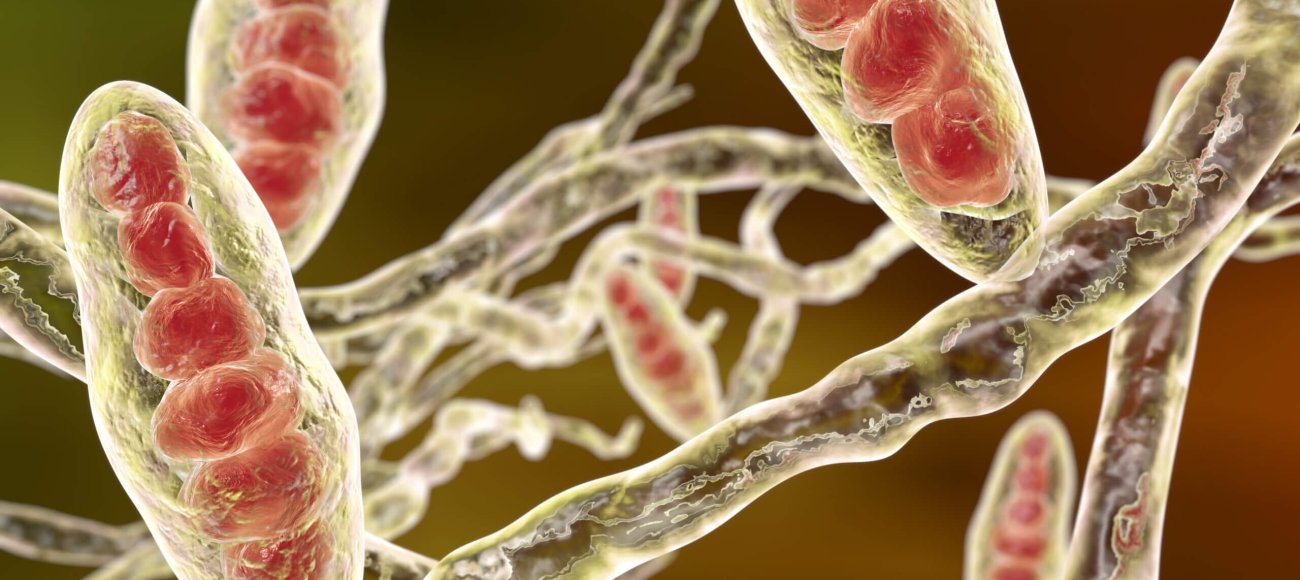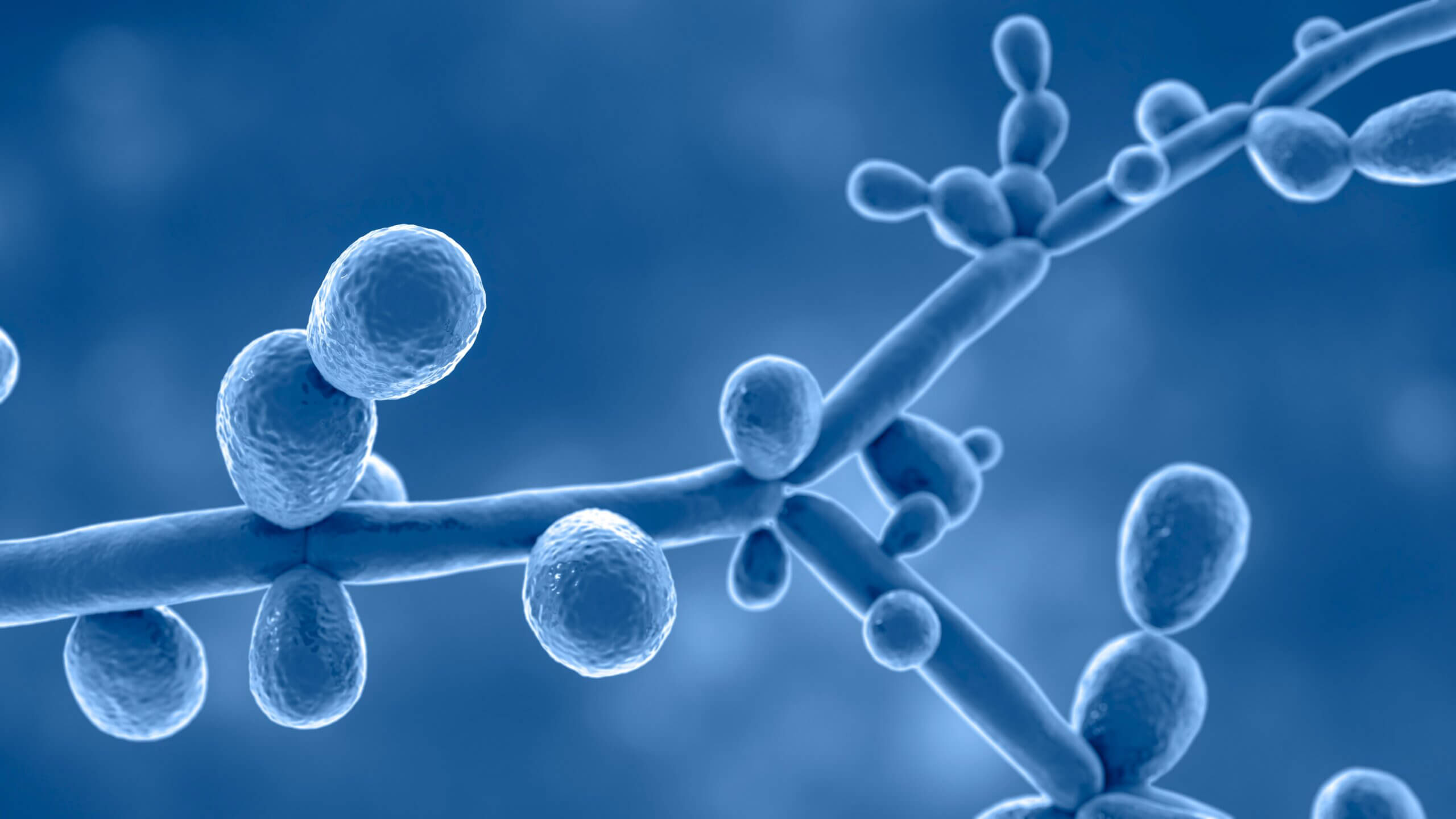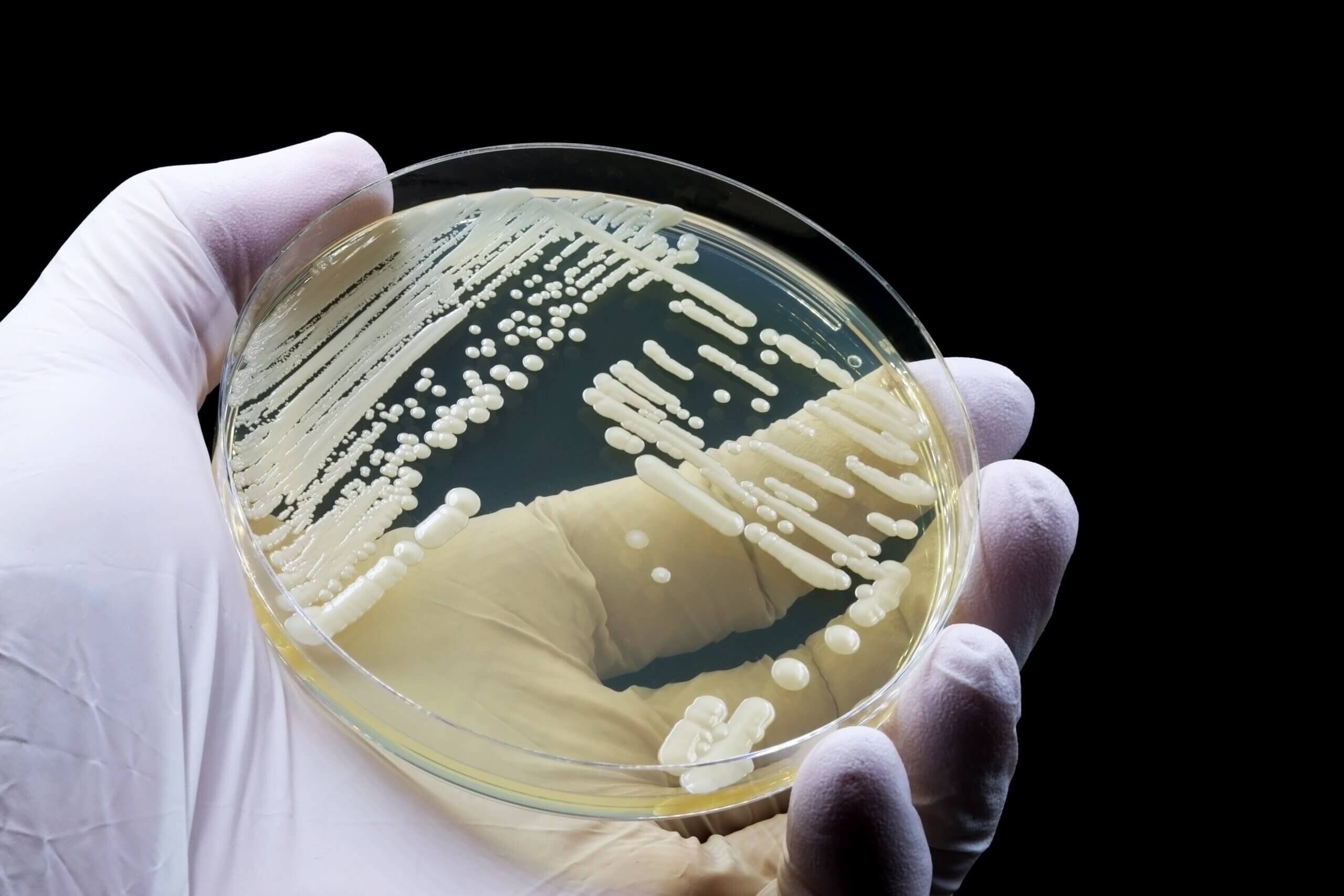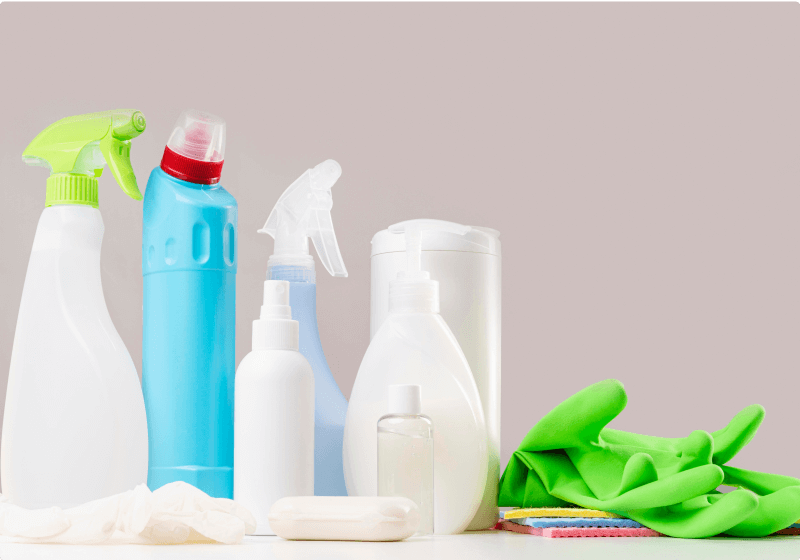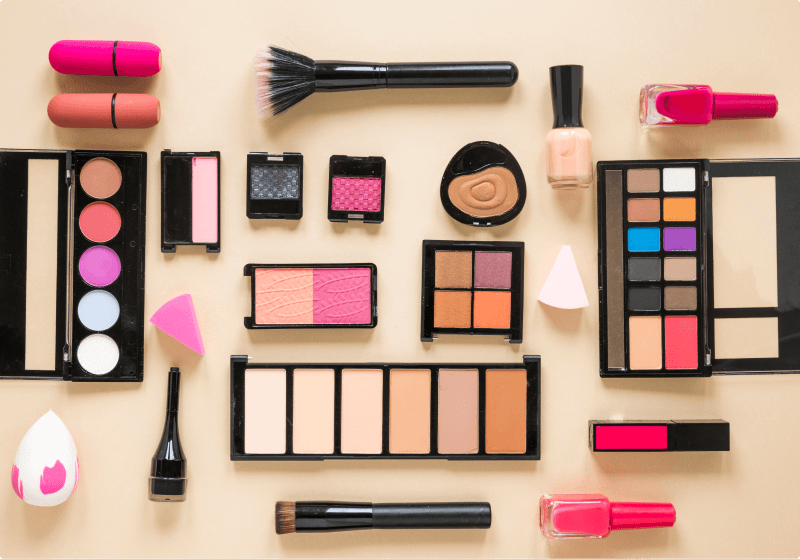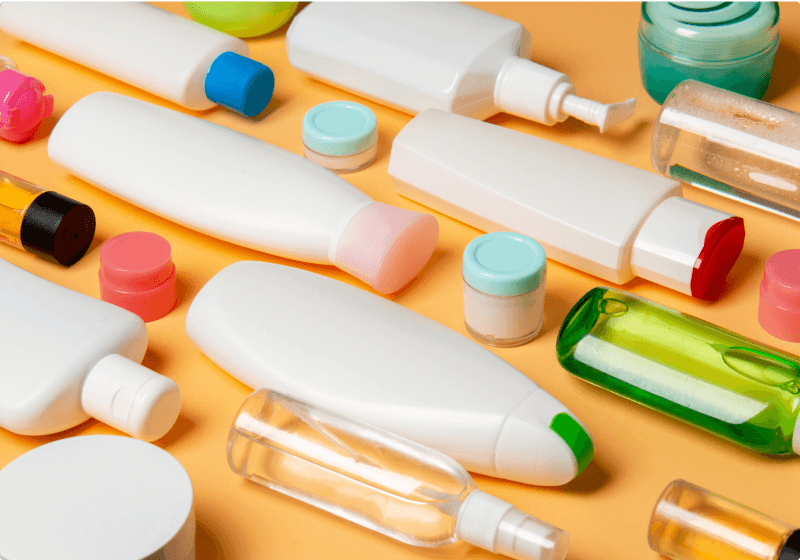Among the various infectious microbial pathogens, Trichophyton mentagrophytes is a challenging fungus responsible for a range of dermatological infections. This article explores the basics of Trichophyton mentagrophytes discussing its biological nature, the health challenges it presents and the global standards in place for testing the disinfectants meant to control its spread.
Let us understand what is Trichophyton mentagrophytes?
Trichophyton mentagrophytes is a filamentous fungus belonging to the dermatophytes group which is notorious for its ability to infect skin, hair, and nails. It thrives in warm and moist environments without being affected by geographic boundaries which positions it as a global health concern.
Its resilience across varied habitats from soil to mammalian skin highlights the immediate need for stringent control measures. The fungus initiates infection through direct contact or via carriers and utilizes its capability to digest keratin for invading keratinized tissues and causing dermatophytosis. The transmission mechanism of this fungus highlights the need for antifungal disinfectants to control its spread.
Infections caused by Trichophyton mentagrophytes and their control measures
Infections caused by Trichophyton mentagrophytes are ringworm, athlete’s foot, or jock itch characterized by itchy, red, circular rashes with clear centers. Preventive measures include maintaining good hygiene, avoiding shared personal items, and thorough cleaning of environments prone to fungal growth.
The role of disinfectants and sanitizers is very important for controlling the spread of Trichophyton mentagrophytes infection. These products formulated to kill or inhibit fungi are essential for infection control in healthcare settings, gyms, and homes. However, their efficacy must be determined in recognized testing laboratories as per international standards.
What are test standards and why is it important?
There are various standard tests for analyzing the efficiency of products under various specific conditions to validate whether they meet the safety criteria needed for preventing the spread of fungal infections.
Testing services play an important role in validating the efficacy of antifungal products. Since Trichophyton mentagrophytes cause a significant health risk, the products claiming to have antifungal activity must be subjected to thorough testing to evaluate their effectiveness against these harmful fungi. These services provide manufacturers with the validation needed to claim that their products are effective against specific pathogens including Trichophyton mentagrophytes.
Globally, organizations such as the European Committee for Standardization (CEN), the Environmental Protection Agency (EPA) in the United States, International Organisations for Standardization (ISO), and the American Society for Testing and Materials (ASTM) approve the test standards thus setting the guidelines to perform the tests for estimating the effectiveness of any antifungal disinfectant. Tests commonly include:
- ASTM E1839-20: Determines the effectiveness of antifungal agents.
- ISO 18416: Evaluates the inhibition of yeast and molds in cosmetic products.
- EN 1650: Evaluates fungicidal activity of disinfectant used in the food, industrial, domestic, and institutional areas.
- EN 13697: Determines the efficacy of non-porous surface disinfectants critical for areas with high risks of infection spread.
- PAS 2424: Determines the residual effectiveness of antimicrobials or disinfectants on a treated non-porous surface.
What is the role of microbial testing laboratories in controlling infections?
Microbial Investigations Switzerland (MIS) plays a vital role in Trichophyton mentagrophytes testing. We help manufacturers ensure that their products are effective against this pathogen by providing comprehensive testing and validation services. This helps in preventing the spread of infections and also creates confidence among consumers and healthcare providers about the reliability of the preventive products.
At Microbial Investigations Switzerland, we deliver comprehensive antimicrobial testing services for key industrial products including textiles, coatings, disinfectants, and plastics to our clients worldwide. Our microbiology experts follow both standard and custom testing methods to best meet your testing needs.
Get in touch with our team of experts for further details on our pricing and to know more about our testing services.

